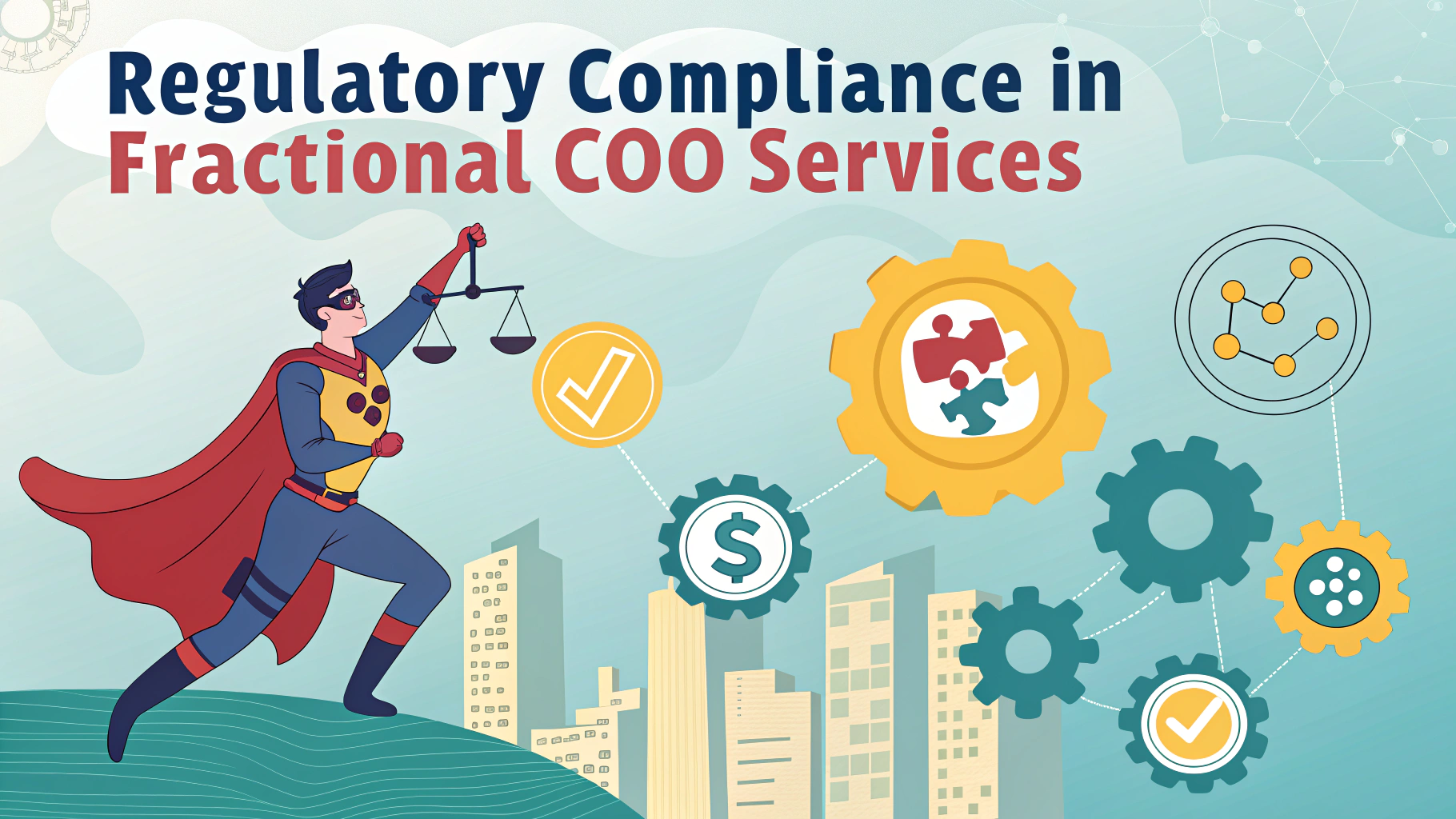A Chief Operating Officer (COO) is the second-in-command executive who manages a company’s daily operations and reports directly to the Chief Executive Officer (CEO).
The role typically oversees multiple departments including operations, production, HR, and other internal business processes to ensure maximum efficiency and profitability.
While responsibilities vary between organizations, COOs generally serve as the bridge between high-level strategy and day-to-day execution.
Key Responsibilities
- Implementing company-wide strategy and vision
- Managing operational budgets and resource allocation
- Overseeing department heads and organizational structure
- Developing performance metrics and goals
- Ensuring regulatory compliance and risk management
- Optimizing business processes and workflows
Common Career Path
Most COOs have 15+ years of progressive leadership experience before reaching this position.
Required Skills
- Leadership: Managing large teams and driving organizational change
- Strategic thinking: Converting vision into actionable plans
- Financial acumen: Understanding P&L statements and business metrics
- Communication: Collaborating with stakeholders at all levels
- Problem-solving: Making data-driven decisions under pressure
Education and Qualifications
A bachelor’s degree is minimum, while most COOs hold an MBA or similar advanced degree.
Typical Compensation
| Company Size | Salary Range (USD) |
|---|---|
| Small Business | $150,000 – $250,000 |
| Mid-size Company | $250,000 – $500,000 |
| Large Corporation | $500,000 – $2,000,000+ |
Working with CEOs
Success in this role requires a strong partnership with the CEO, with clear division of responsibilities and aligned vision.
Industry Resources
- COO Network – Professional networking platform
- Society for Human Resource Management – HR resources and certification
- American Management Association – Leadership development programs
Next Steps for Aspiring COOs
Focus on gaining cross-functional experience, developing leadership skills, and building a strong track record of operational success.
Performance Metrics
- Revenue growth and profitability targets
- Operational efficiency measurements
- Employee satisfaction and retention rates
- Customer satisfaction scores
- Cost reduction initiatives
- Process improvement metrics
Common Challenges
COOs often face unique obstacles in their role:
- Balancing short-term results with long-term strategy
- Managing diverse stakeholder expectations
- Implementing change across large organizations
- Maintaining operational excellence during growth
- Developing future leaders and succession planning
Technology and Innovation
Modern COOs must stay current with:
- Digital transformation initiatives
- Enterprise resource planning (ERP) systems
- Business intelligence and analytics tools
- Automation and AI technologies
- Cybersecurity measures
Global Operations Management
- Cross-cultural team leadership
- International regulatory compliance
- Supply chain optimization
- Remote workforce management
- Global risk assessment
Shaping Tomorrow’s Business Leadership
The COO role continues to evolve with changing business landscapes. Success requires adaptability, strategic vision, and strong operational expertise. As organizations become more complex, COOs must balance traditional operational excellence with innovative approaches to drive sustainable growth and maintain competitive advantage.
Aspiring executives should focus on building diverse skill sets, embracing technological advancement, and developing strong leadership capabilities to excel in this pivotal role.
FAQs
- What is a Chief Operating Officer (COO)?
A Chief Operating Officer is the second-in-command executive who oversees a company’s daily operations, reporting directly to the Chief Executive Officer (CEO). - What are the main responsibilities of a COO?
A COO manages day-to-day business operations, implements company strategies, oversees multiple departments, ensures operational efficiency, and helps achieve organizational goals. - How is a COO different from a CEO?
While the CEO focuses on overall company vision, strategy, and external relationships, the COO concentrates on internal operations, execution of strategies, and managing daily business functions. - What skills are required to become a COO?
Key skills include leadership ability, strategic thinking, operational expertise, problem-solving capabilities, strong communication skills, financial acumen, and extensive industry experience. - What is the typical career path to becoming a COO?
Most COOs have 15+ years of experience, usually starting in operations or department management, holding senior management positions, and often possessing an MBA or relevant advanced degree. - Do all companies need a COO?
No, not all companies require a COO. The need depends on company size, organizational structure, industry complexity, and the CEO’s management style and needs. - What industries typically employ COOs?
COOs are common in manufacturing, retail, healthcare, technology, financial services, and large service-oriented businesses where operational complexity is high. - What is the relationship between a COO and other C-suite executives?
The COO works closely with other C-suite executives, coordinating with the CFO on financial matters, CTO on technological initiatives, and other executives to ensure aligned operational execution. - How much does a typical COO earn?
COO compensation varies widely but typically includes a base salary ranging from $200,000 to $800,000, plus bonuses, stock options, and other benefits, depending on company size and industry. - When should a company hire a COO?
Companies typically hire COOs when experiencing rapid growth, dealing with complex operations, requiring stronger operational leadership, or when the CEO needs to focus more on external matters.








